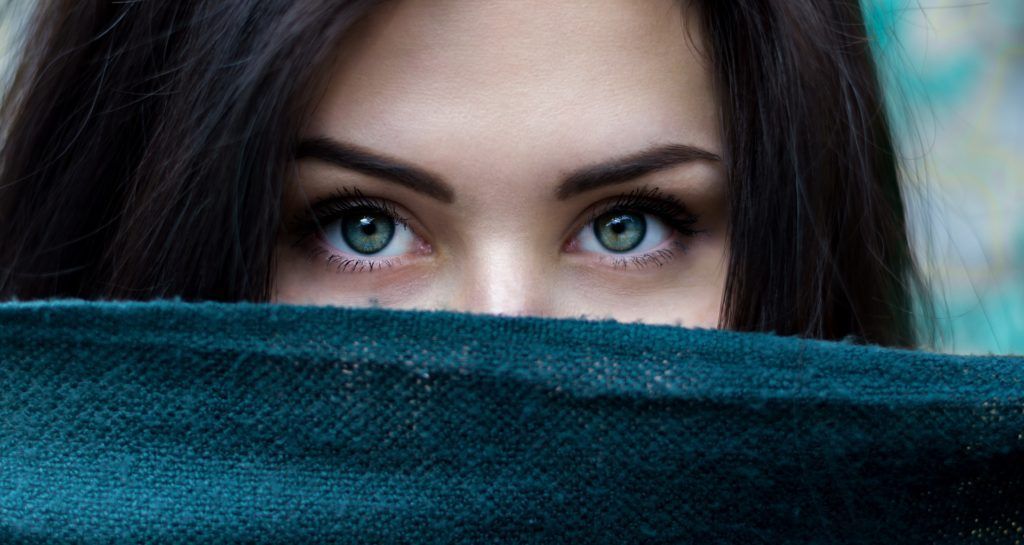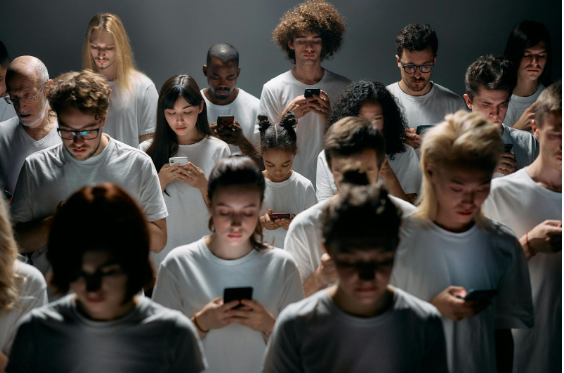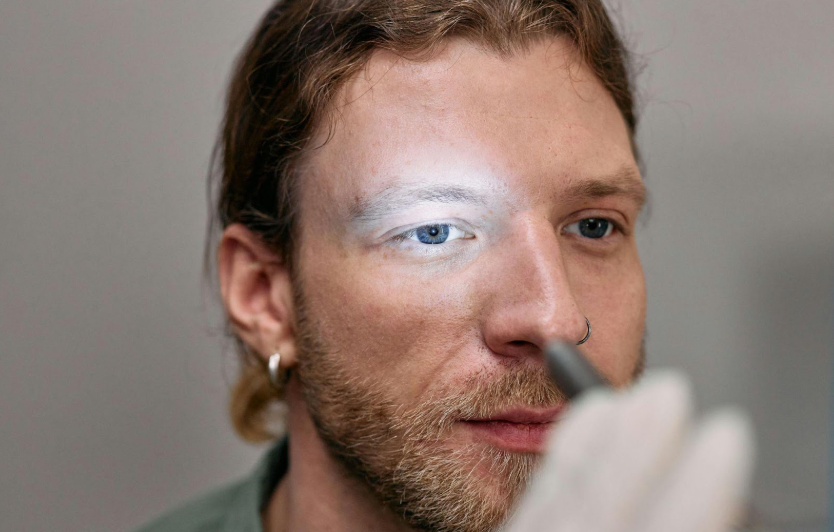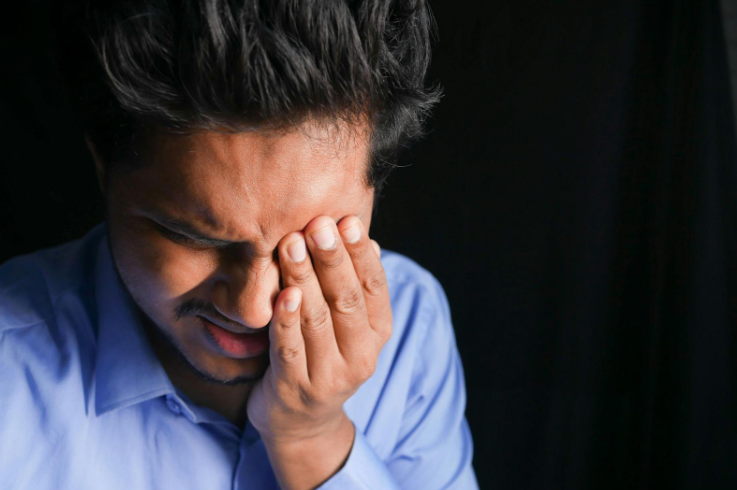3 ‘Eye Opening’ Reasons Upper Or Lower Eyelid Surgery May Be Right For You
 There’s a good reason that eyelid surgeries are the 4th most common cosmetic surgery in the U.S., according to the American Society of Plastic Surgeons
, just behind breast augmentation, liposuction, and nose reshaping.
There’s a good reason that eyelid surgeries are the 4th most common cosmetic surgery in the U.S., according to the American Society of Plastic Surgeons
, just behind breast augmentation, liposuction, and nose reshaping.
Eyelid surgery can be performed on the upper lids, lower lids or both, and is one of the most desired procedures to improve facial appearance by restoring a more youthful look. However, procedures can also resolve functional problems with the eyelids.
Common eyelid surgery procedures, also called blepharoplasty, typically include:
- Removing sagging skin on droopy or heavy upper eyelids
- Reducing puffiness in heavy eyelids by removing fat deposits
- Removing sagging under-eye bags
- Lifting drooping lower eyelids
- Correcting eyelids that turn inward or outward unnaturally.
There are 3 key reasons that people pursue upper or lower eyelid surgery—to improve their cosmetic appearance, to improve their functional vision, or to correct eyelid disorders:
1. A Younger Appearance (Cosmetic)
Heavy, puffy, or drooping upper eyelids and sagging lower eyelids are one of the top complaints as people age. Droopy upper eyelids and heavy undereye bags make you look older and more tired than you actually are, regardless of how many skin creams you use or how soundly you sleep.
Drooping upper eyelids are typically caused when the muscle that lifts your eyelids weakens or by excess skin and fat on the eyelids. Sagging lower eyelids are usually the result of aging and excess skin or fat as well.
A skilled oculoplastic surgeon can tighten the upper eyelid muscle or remove excess skin and fat. These procedures—considered to be cosmetic in nature— result in a much more youthful appearance around your eyes, which in turn can give a “lift” to the entire face.
2. Improved Vision (Functional)
Whether from excess skin and fat or eyelid muscle weakness, heavy upper eyelids can affect your vision, and you may not even be aware of it. Whenever a heavy upper eyelid covers part of your eye that normally would not be obscured, your eye is exposed to less light and your field of vision is narrowed, particularly your peripheral vision.
In these cases, upper eyelids can affect your vision during daily activities like reading or driving, either subtly or not so subtly.
Heavy upper eyelids can also cause frontal headaches, eye irritation or dry eye, and dermatitis, all of which can also affect daily activities and quality of life.
When upper eyelid surgery is not solely for the sake of cosmetic appearance but is recommended by an ophthalmologist to improve vision, the procedure is considered medically necessary—or functional—and as a result is typically covered by insurance.
3. Eyelid Disorders
Sometimes, due to a congenital abnormality or a trauma, lower eyelids can turn inward or outward and create problems that affect one’s quality of life as well as lead to a variety of symptoms such as pain and infection.
If a lower eyelid is turned outward away from the eye, it can also lead to either dryness or excessive tearing pouring down the cheeks. If the lower eyelid is turned in, the eyelashes tend to rub against the eyeball, causing severe irritation and risk of infection. There are precise surgical procedures to correct lower eyelid disorders in these instances.
In addition, inflammation of the eyelids, or blepharitis, typically affects both upper and lower eyelids and most commonly occurs when the oil glands near the base of the eyelashes become clogged.
The inflammation can cause moderate to severe symptoms, including red, irritated eyes, scarring of the eyelids, excessive tearing, injury to the cornea, or the edges of the eyelid may turn inward or outward. Surgery may be necessary if eyelid inflammation becomes a chronic condition, symptoms are severe, and/or eyesight is compromised.
At Baptist Eye Surgeons, Dr. Anzeljc is an experienced oculoplastic surgeon who specializes in cosmetic and functional surgical procedures on the upper and lower eyelids that improve patients’ vision, appearance, or both. Dr. Anzeljc also specializes in non-surgical procedures including Botox and fillers to improve the appearance around the eyes and to rejuvenate the face.
Baptist Eye Surgeons is an ophthalmological practice in Knoxville, TN, and Morristown, TN, dedicated to providing quality eye care to patients whose needs range from routine comprehensive eye examinations to complex eye surgeries. To meet our doctors and learn more about our specialities, visit our website to schedule an appointment or give us a call at 865-579-3920 for more information.
Social:
There are 3 key reasons that people get upper or lower eyelid surgery—to improve cosmetic appearance, to improve vision, or to correct eyelid disorders. If you have heavy upper eyelids, sagging lower lids, or eyelids that turn in or out, here’s what you should know about surgery:
Heavy upper eyelids can limit your vision, cause headaches, or eye irritation, all of which can affect daily activities & quality of life. When upper eyelid surgery is recommended to improve vision, the procedure is typically covered by insurance. Here’s what you should know:
Did you know heavy upper eyelids can affect your vision, but you may not be aware of it? Droopy upper eyelids can cover part of the eye so that your eye is exposed to less light. This limits your field of vision, particularly your peripheral vision. Here’s what you should know:





